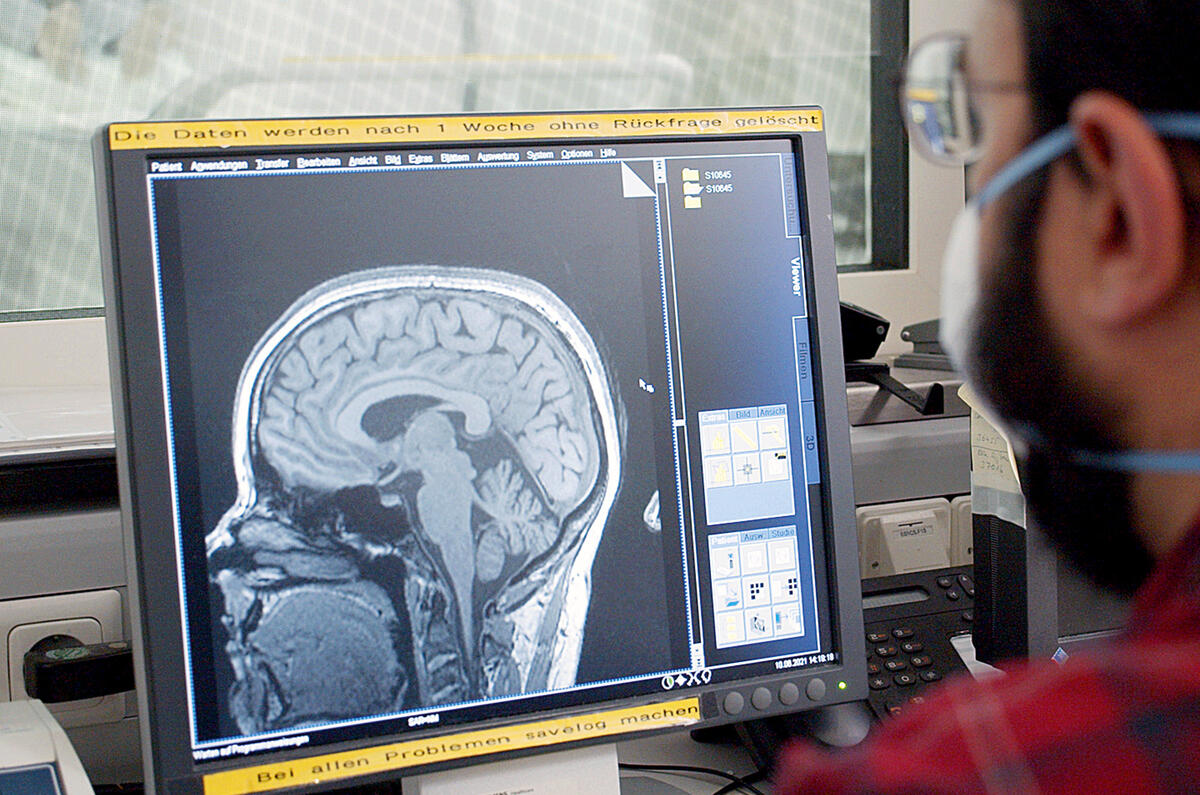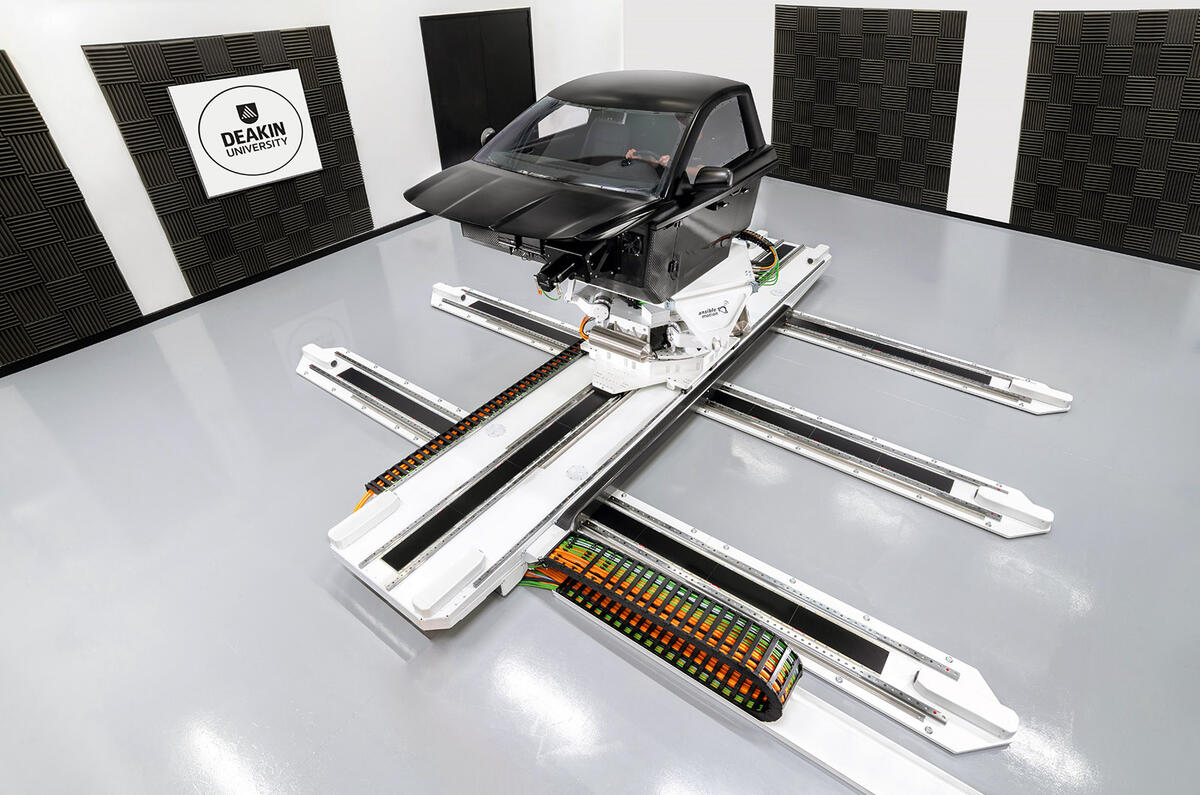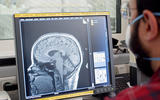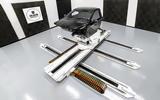The old expression ‘I would like to pick your brains for a minute’ could soon become literal as car manufacturers look for ways to read a driver’s mind.
Ford recently announced a research programme in collaboration with Uniklinik RWTH in Aachen, Germany (which conveniently is also the location of Ford’s Aachen Research and Innovation Centre), to see if it’s possible to spot dangerous lapses of concentration more quickly by monitoring brain activity.
The researchers hope to identify brain responses that indicate imminent lapses in concentration caused by driver fatigue. The aim is to try to link those brain responses to physical manifestations, such as a change in heartbeat rate, which could be detected by wearable technology and allow the car to give the driver a nudge.
Trials involve a subject completing a driving simulation while undergoing a magnetic resonance imaging (MRI) brain scan. Although lying with their heads inside the scanner, a mirror is positioned such that subjects can view the simulation on screen. Ford is one of many manufacturers using a video-game ‘engine’ to create the simulation (the Unity Engine in this case).
The software generates a three-lane night-time scenario where a vehicle in the centre lane brakes suddenly, forcing the test subject to take evasive action using a handheld device. The MRI machine is scanning before, during and after the manoeuvre so that scientists can measure reaction times and assess whether or not the right decision was made. At the same time, readings are taken of heart and breathing rates and other physiological responses, with the aim of monitoring those to assess how alert the driver is.
This isn’t the first time that Ford has been involved in investigating the study of brain activity to improve safety. In 2011, Mercedes-Benz revealed a different kind of research that involved subjects undergoing an electroencephalogram (EEG) to monitor ‘alpha spindles’ in brainwave patterns.Measurements were made every 30sec on the basis that the mental state can rapidly switch between drowsy and wakeful.
Doing so enabled researchers to detect whether the driver was about to take a significant decision, such as turning right or left, or take some sort of evasive action. The tests involved the subject wearing headgear resembling an old-style swimming cap sprouting wires and electrodes, which could have made taking the idea further tricky. Ford Aachen, Daimler and the University of Hohenheim collaborated on the research and published a paper on the subject in the same year.
At the 2021 Munich motor show, Mercedes revealed some research investigating the possible use of brain interface technology to control a car. Based on the Vision AVTR concept car, the idea is that the driver can select navigation, change ambient lighting or select a radio station simply by thinking. The functions would be made possible by brain-computer interfaces (BCI), but again involve a driver wearing a BCI device on the back of their head to record brain activity. This measures neuronal activity at the cortex and in the concept car measures brain activity to calculate which part of a light display the driver is focusing on. The system can then trigger any functions that lie behind the light in an instant.
Advance in simulation








Join the debate
Add your comment
Hmmm, half of the idiots I witness 'driving' (of sorts), you would probably struggle to register any brain activity at all!